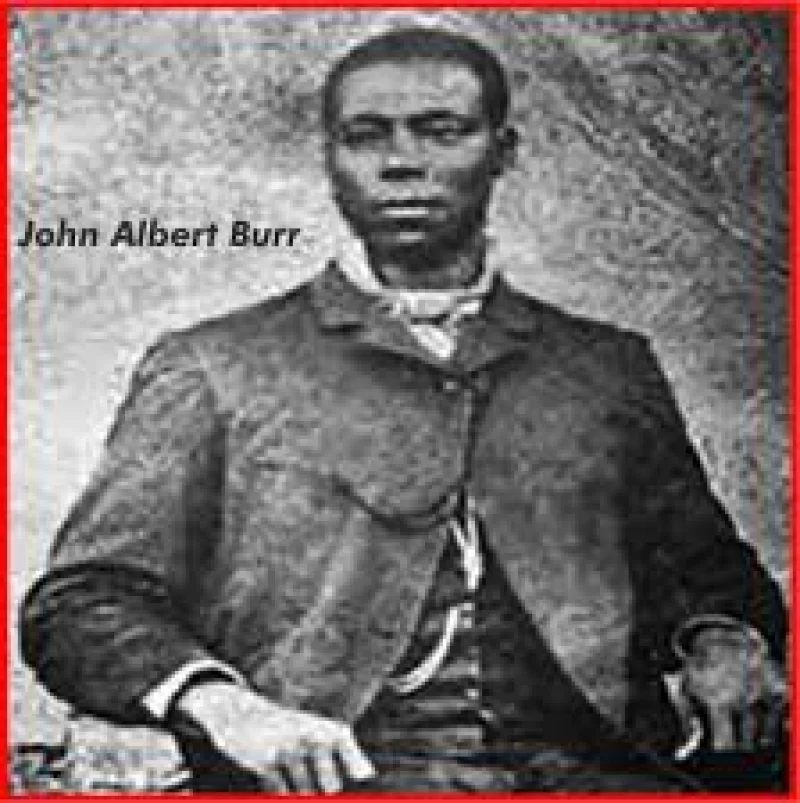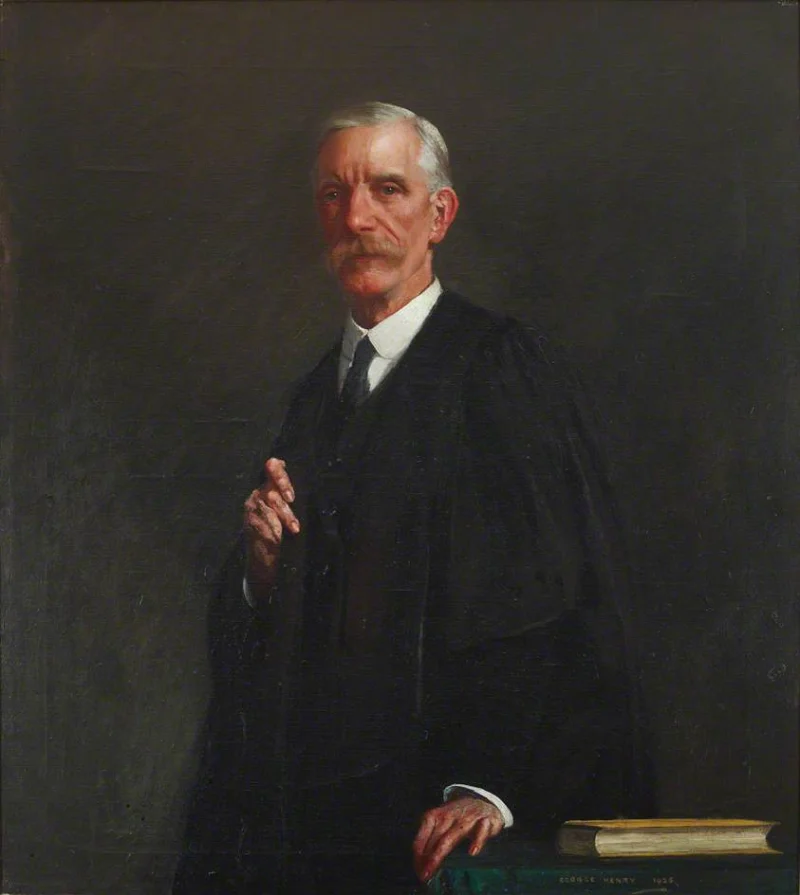Short Summary
Robert Bunsen was a renowned German chemist known for his discoveries in the field of spectroscopy and his invention of the Bunsen burner. His work significantly advanced the study of emission spectra, leading to the discovery of new elements such as cesium and rubidium. Bunsen's contributions to chemistry and his innovations in laboratory equipment have made him a pivotal figure in scientific history.
Early Life & Education
Robert Wilhelm Eberhard Bunsen was born on March 31, 1811, in Göttingen, Germany. He was the youngest of four sons in a scholarly family; his father was a professor of linguistics. Bunsen demonstrated an early interest in science and pursued his education at the University of Göttingen, where he earned a doctorate in chemistry in 1830. His early influences included his mentors Friedrich Stromeyer and chemist Leopold Gmelin, who guided his initial research and academic pursuits. These formative years set the stage for his future contributions to the field of chemistry.
Career Highlights
After completing his education, Bunsen embarked on an illustrious academic career, holding professorships at several universities, including the University of Marburg and the University of Heidelberg. His collaboration with Gustav Kirchhoff in the 1850s led to the creation of the field of spectroscopy, which allowed scientists to analyze light spectra to identify chemical elements. This breakthrough enabled the discovery of new elements such as cesium and rubidium. Bunsen was also known for developing the Bunsen burner, a staple laboratory device that improved the efficiency and safety of experiments requiring heat.
Major Achievements
- Developed the Bunsen burner, enhancing laboratory safety and efficiency.
- Co-founded the field of spectroscopy with Gustav Kirchhoff, revolutionizing chemical analysis.
- Discovered the elements cesium and rubidium through spectroscopic analysis.
- Pioneered photochemical research and investigated chemical reactions initiated by light.
Famous Quotes
- "Working is beautiful and rewarding, but acquisition of knowledge is even more so."
Interesting Facts
- Bunsen was known for his modesty and never patented the Bunsen burner, allowing it to be widely used.
- He survived a serious laboratory accident in 1843, which resulted in the loss of sight in one eye.
- Bunsen was an avid mountaineer and enjoyed exploring the geological formations of the Alps.
- He was awarded the prestigious Copley Medal by the Royal Society in 1860.
Legacy / Influence
Bunsen's contributions to chemistry, particularly in spectroscopy and laboratory technology, have left an indelible mark on the scientific community. His invention of the Bunsen burner remains a fundamental tool in scientific laboratories worldwide. The methodologies he developed have paved the way for numerous discoveries in chemistry and physics, solidifying his legacy as a pioneer in scientific innovation.
FAQ
Q: Why is Robert Bunsen famous?
A: He is famous for his contributions to spectroscopy and the invention of the Bunsen burner.
Q: What elements did Robert Bunsen help discover?
A: Bunsen helped discover the elements cesium and rubidium.
Q: What is spectroscopy?
A: Spectroscopy is the study of the interaction between matter and electromagnetic radiation, used to identify chemical elements.











